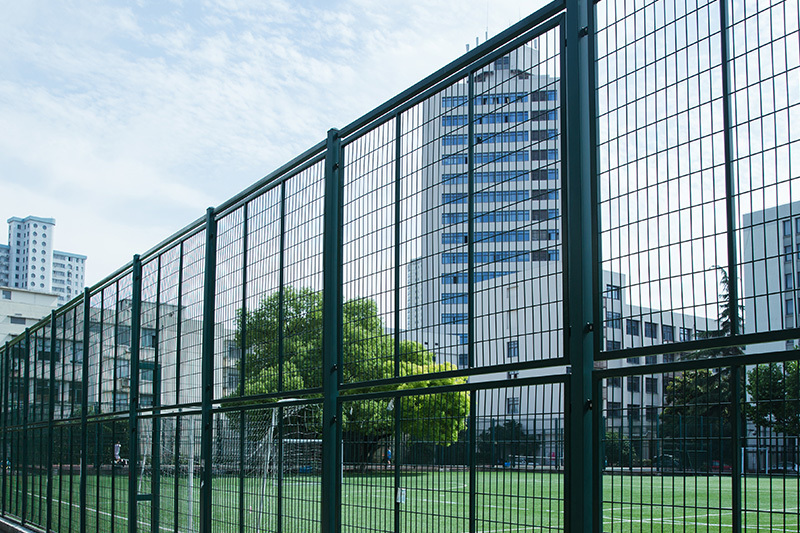Four elements of gabion mesh corrosion prevention and control
Time:
Nov 13,2023
Author:
Source:

Gabion mesh is widely used in various construction projects due to its flexibility, durability, and cost-effectiveness. However, one of the primary concerns with gabion mesh is corrosion, which can significantly reduce its lifespan and structural integrity. Therefore, it is crucial to implement effective corrosion prevention and control measures to ensure the longevity of gabion mesh structures. Here are four essential elements of gabion mesh corrosion prevention and control:
1. Material selection: The choice of material for gabion mesh plays a crucial role in determining its resistance to corrosion. Galvanized steel is the most commonly used material for gabion mesh due to its high corrosion resistance. The galvanization process involves coating the steel with a layer of zinc, which acts as a protective barrier against corrosion. Stainless steel is another excellent option for gabion mesh, as it is highly resistant to rust and corrosion. It is essential to select the appropriate material based on the specific environmental conditions and project requirements to ensure long-lasting corrosion protection.
2. Proper installation: Proper installation of gabion mesh is essential for preventing corrosion. The mesh panels should be securely connected and properly aligned to form a robust and continuous structure. Any gaps, overlaps, or loose connections can create weak points where corrosion can occur. Additionally, it is essential to ensure that the gabion mesh is adequately anchored to the ground to prevent movement or shifting, which can lead to abrasion and corrosion over time. Following the manufacturer's installation guidelines and using high-quality hardware and tools are critical steps to ensure the long-term performance of gabion mesh structures.
3. Regular maintenance: Regular inspection and maintenance are essential for detecting and addressing corrosion issues early on. Inspecting the gabion mesh periodically for signs of rust, corrosion, or damage can help identify potential problem areas before they escalate. Any damaged or corroded sections should be repaired or replaced promptly to prevent further deterioration. Cleaning the gabion mesh regularly to remove debris, dirt, and other contaminants can also help prevent corrosion by maintaining the protective coating intact. Implementing a routine maintenance schedule and keeping detailed records of inspections and repairs can help prolong the lifespan of gabion mesh structures.
4. Environmental protection: Environmental factors such as moisture, humidity, saltwater exposure, and chemical pollutants can accelerate corrosion of gabion mesh. Therefore, it is essential to consider the specific environmental conditions of the project site and implement appropriate protective measures. For example, installing drainage systems to prevent water accumulation inside the gabion mesh structure can help reduce the risk of corrosion. Using protective coatings or sealants can also provide an additional layer of defense against corrosion in harsh environments. Properly planning and designing the gabion mesh structure to minimize exposure to corrosive elements can help prevent premature degradation and ensure long-term durability.
In conclusion, gabion mesh corrosion prevention and control are essential aspects of maintaining the structural integrity and longevity of gabion mesh structures. By selecting the right materials, following proper installation procedures, conducting regular maintenance, and implementing environmental protection measures, it is possible to effectively mitigate the risk of corrosion and ensure the optimal performance of gabion mesh in various construction applications.
Key words:
Previous
Previous Page:
Next page:
Share To




